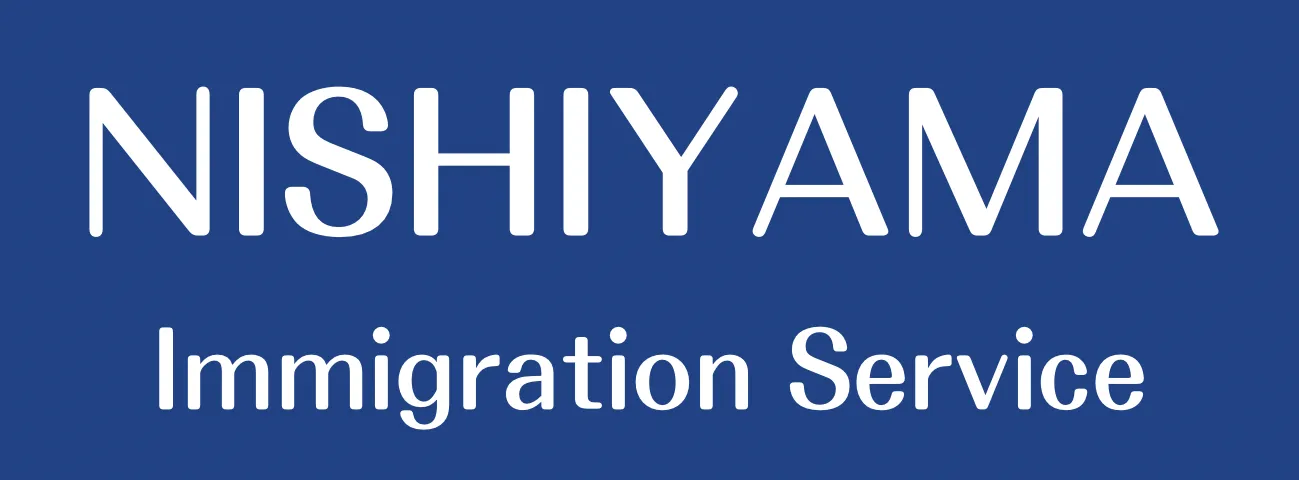World Immigration News
News Articles including "United States of America"
Released on
Article Title
Tags
2026-01-26
United States of America
2026-01-21
United States of America
2026-01-18
United States of America
2026-01-14
United States of America
2026-01-13
United States of America
2026-01-12
United States of America
2026-01-09
United States of America
2026-01-08
United States of America
2026-01-06
United States of America
2025-12-28
United States of America
2025-12-27
United States of America
2025-12-25
United States of America
2025-12-20
United States of America
2025-12-19
United States of America
2025-12-17
United States of America
2025-12-15
United States of America
2025-12-07
United States of America
2025-12-04
United States of America
2025-12-03
United States of America
2025-12-02
United States of America
2025-11-29
United States of America
2025-11-24
United States of America
2025-11-24
United States of America
2025-11-21
United States of America
2025-11-20
United States of America
2025-11-17
United States of America
2025-11-13
United States of America
2025-11-13
United States of America
2025-11-12
United States of America
2025-11-11
United States of America
2025-11-09
United States of America
2025-11-06
United States of America
2025-10-31
United States of America
2025-10-30
United States of America
2025-10-29
United States of America
2025-10-28
United States of America
2025-10-20
United States of America
2025-10-18
United States of America
2025-10-17
United States of America
2025-10-13
United States of America
2025-10-08
United States of America
